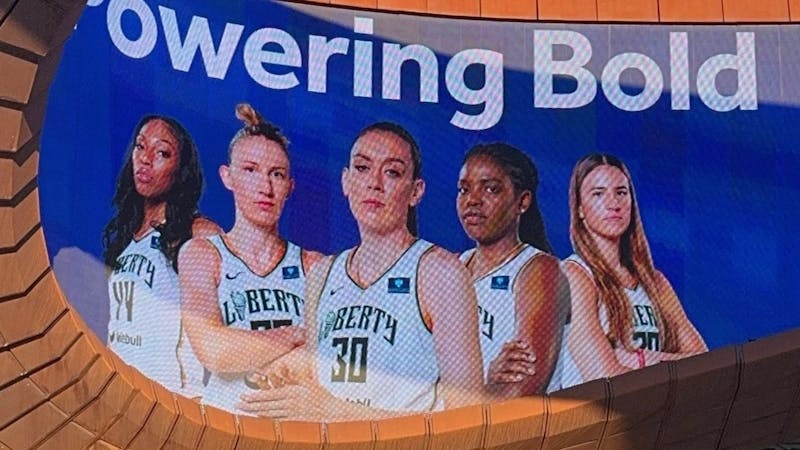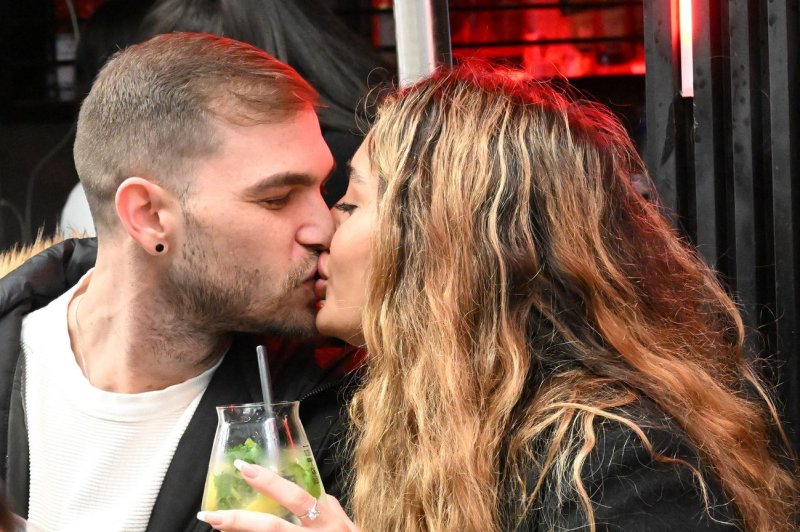The WNBA is at a critical juncture as players push for fair compensation and improved working conditions amid significant league growth. As of October 26, 2025, the league has experienced unprecedented success, from sell-out crowds to record-breaking viewership. Emerging talents such as Caitlin Clark, Angel Reese, and Paige Bueckers have captivated fans, while veterans like A’ja Wilson, Alyssa Thomas, and Napheesa Collier have also gained increased recognition. However, this expansion has led to tensions over the upcoming Collective Bargaining Agreement (CBA), with players expressing dissatisfaction regarding their earnings and working conditions.
The CBA serves as the legally binding agreement between the WNBA and its players, outlining employment terms, salaries, and benefits. While the last CBA was established in 2020 and intended to last until 2027, the surge in league popularity prompted players to opt out, seeking a renegotiation that reflects current economic realities. Players argue that their salaries have not kept pace with the league’s growth, as they currently receive only about 9% of league revenue, with salaries making up less than 7% of total income. In contrast, NBA players receive approximately 50% of basketball-related income.
Nneka Ogwumike, president of the Women’s National Basketball Players Association, emphasized, “The players are still adamant that we get a percentage of revenue that grows with the business.” This reflects a broader demand for equity-based compensation that aligns with the league’s success. Players are also advocating for enhanced working conditions, including charter travel standards, improved safety measures, and better support services.
Tensions have escalated not only due to CBA negotiations but also because of issues related to league leadership and officiating. Napheesa Collier, who plays for the Minnesota Lynx, has been vocal about these frustrations. During the 2025 All-Star Game, she organized a demonstration where players wore shirts stating “Pay Us What You Owe Us.”
The situation intensified during the 2025 WNBA semifinals when Collier sustained a serious ankle injury. Following this, her coach, Cheryl Reeve, was ejected from the game after expressing frustration over officiating. The high-stakes environment surrounding CBA discussions and past interactions with Cathy Engelbert, the league’s commissioner, led Collier to publicly address these issues.
“We have the best players in the world. We have the best fans in the world. But right now, we have the worst leadership in the world,” Collier stated, criticizing the league’s handling of negotiations and accountability. She expressed concern that discussions around financial sustainability neglect the need for consistent standards, which undermines true progress for the league.
Collier revealed unsettling comments reportedly made by Engelbert during their conversations. When Collier raised concerns about officiating inconsistency, Engelbert allegedly responded, “only the losers complain about the refs.” Engelbert suggested that players should be “on their knees” in gratitude for the opportunities provided by the league, which has drawn sharp criticism from players and fans alike.
Following Collier’s remarks, support for her stance has rallied among peers and coaches. A’ja Wilson, the league MVP, expressed her discontent with Engelbert’s comments in a press conference, stating, “I was honestly disgusted… but I’m very appreciative that we have people like Phee in our committee of players’ association representing us.”
Social media has also buzzed with support for Collier’s message, including a post from Angel Reese praising her remarks. Coaches, too, have acknowledged the need for change, with Indiana Fever’s head coach, Stephanie White, expressing admiration for players like Collier who stand firm in their beliefs.
In response to the growing backlash, Engelbert described Collier’s portrayal of their conversation as disheartening and reaffirmed her commitment to her position as commissioner. The atmosphere around the league has shifted, particularly after Engelbert was booed by fans while presenting the championship trophy to the Las Vegas Aces.
The mounting pressure from players, coaches, and fans underscores a pivotal moment for the WNBA. As the league navigates these negotiations, it faces a choice: either prioritize accountability and fair compensation for players or risk jeopardizing its hard-won momentum. The stakes extend beyond salary caps and free agency; they touch on the foundational respect owed to the women who drive the league’s success.
This period is transformative for the WNBA, with rising viewership and franchise valuations. Players are not merely seeking increased wages; they are advocating for respect and recognition. The impact of these negotiations will resonate not just for current athletes but for young girls aspiring to follow in their footsteps. Women’s basketball has always represented more than a game; it embodies a movement committed to breaking barriers and inspiring future generations.







